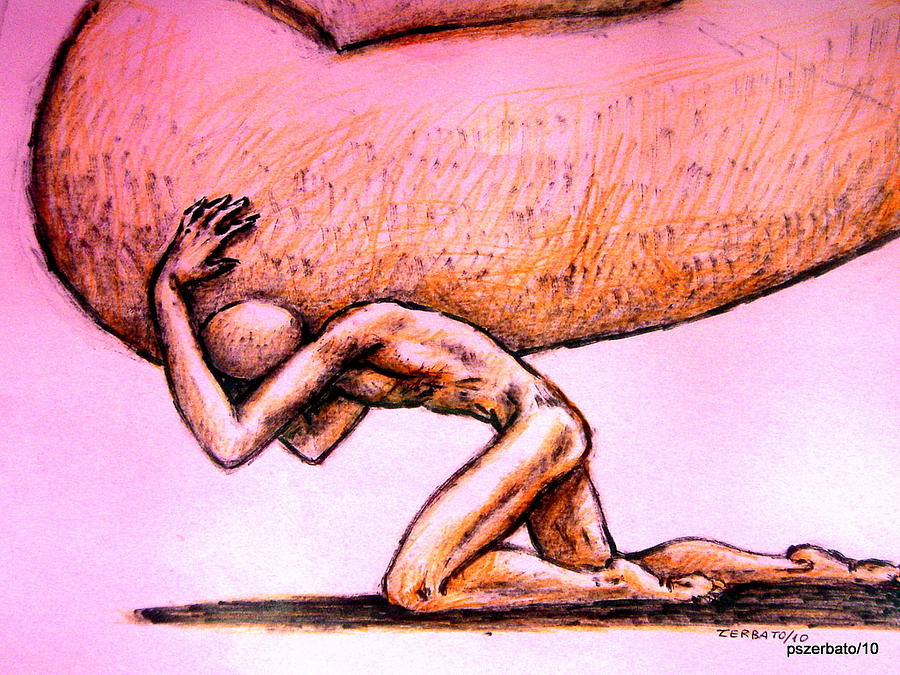In A
Raisin In The Sun, characters'
motivations are influenced by pressures from outside sources. Both Ruth and
Mama feel that they have to take certain actions because of the pressures from
other members of the family, their financial situation, but the greatest
pressure of all comes from Walter Lee.
Mama
puts Walter in charge of the rest of the insurance money. This is the result;
the action that was caused by an outside pressure. That outside pressure was
none other than Walter Lee. Even since he found out about the money, he acted
like it was his even though it was solely his mothers. He made elaborate plans
of investing the money, drew up the papers and tried to convince his mother to
sign off the money to him, to gamble it all on the liquor store. She refuses
this at first, but Walter slowly beats her over the head with guilt and snide,
digging comments until she buckles. She puts him in charge of the money but
only after Walter says things like, "So you butchered up a dream of mine -
you - who always talking 'bout your children's dreams..." (95) Mama would
have stuck to her guns, spent the money on the house and save the rest to
improve the family's quality of life had it not been for the enormous force of
guilt on her shoulders, put there by Walter Lee.
Ruth
is another character under pressure. She put a five dollar down payment on an
abortion. If the Younger family was better off financially, do you think she
would have done this? The Youngers barely scrape by as it is and she feels that
if she brings another person into the world the family may not make it. She
would never get an abortion under any other circumstances, Walter Lee even said
so flat out to his mother. Their financial troubles as well as the troubles in
her marriage force Ruth to consider an option against her beliefs.

